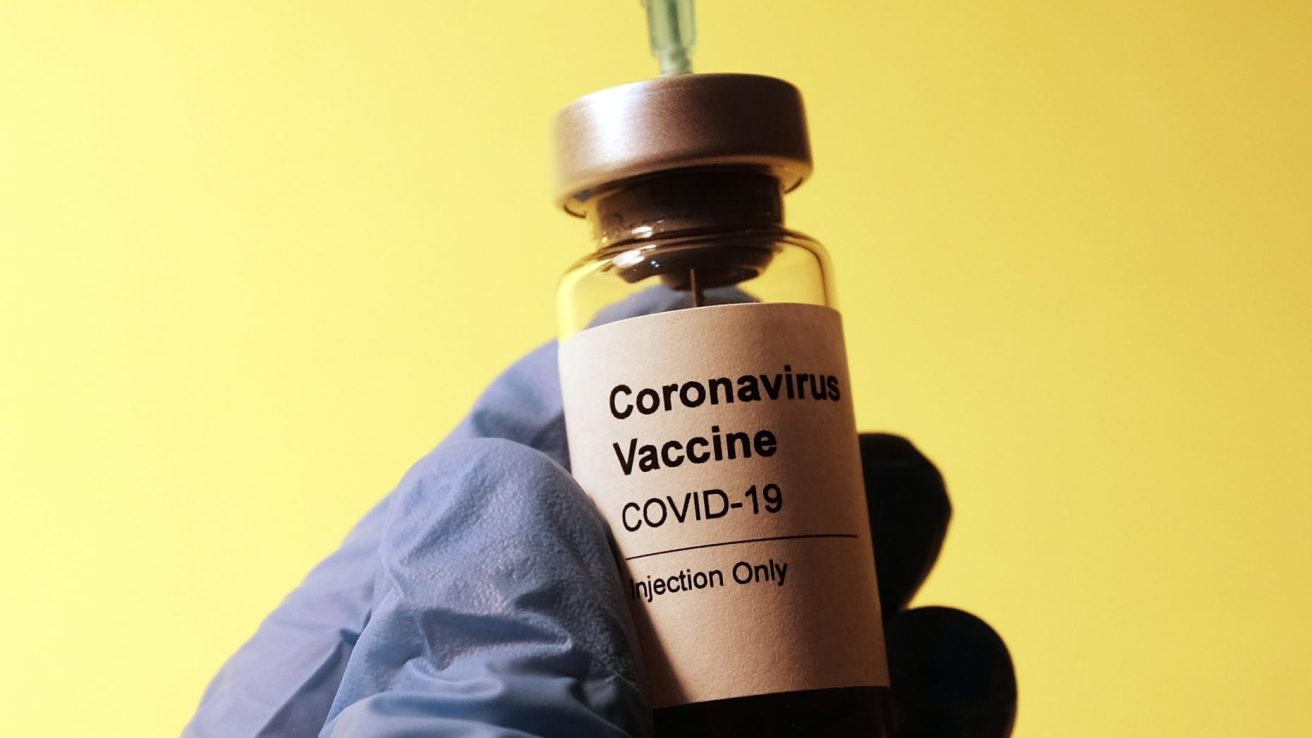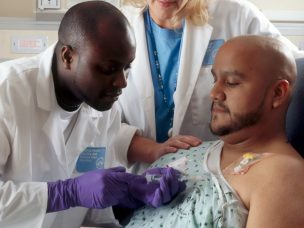To date, more than one out of every thousand Americans who started 2020 with us have died from COVID-19. With a new U.S. single-day death record of more than 4,400 deaths on January 12, global vaccination and herd immunity cannot come soon enough. Since the Pfizer/BioNTech and Moderna SARS-CoV-2 vaccines were rolled out in December 2020, many Americans, particularly racial/ethnic minorities, have been left wondering about these vaccines. Here’s what we know.
The Pfizer/BioNTech and Moderna vaccines contain SARS-CoV-2 mRNA, which codes for the virus’ spike protein. This protein is what allows the virus to enter and infect human cells. Once we receive the vaccine, our immune system manufactures the spike protein and produces antibodies against it to protect us from the virus. Both vaccines require two shots to be effective, spaced out 21 days apart (for the Pfizer vaccine) to 28 days apart (for the Moderna vaccine).
Every vaccine has side effects and adverse events, but reports of an increased number of SARS-CoV-2 vaccine-related allergic reactions of unknown cause are only serving to stoke more fear and hesitation surrounding vaccination. These sentiments run especially high among racial/ethnic minority communities, who have been misled and harmed by U.S. medical research in the past, and who are bearing the brunt of the pandemic now.
A recent study from the Journal of Public Health commented on this predicament. It notes how the COVID-19 pandemic has disproportionately affected Black, Asian, and minority ethnic populations. It also asserts that these groups, along with individuals who are homeless, undocumented, or have a mental illness, have a higher risk of dying from COVID-19 [1].
Unfortunately, those groups, which are some of the most vulnerable to COVID-19, were also underrepresented in the SARS-CoV-2 vaccine clinical trials. This lack of representation means we do not know as much about the benefits and risks of the vaccines for diverse groups. To help ease this uncertainty, the CDC recommends that anyone with a known severe allergy to any component of the SARS-CoV-2 vaccines refrain from being vaccinated at this time [2].
Sources:
[1] Castells, M. C., & Phillips, E. J. (2020). Maintaining Safety with SARS-CoV-2 Vaccines. New England Journal of Medicine, 1–7. https://doi.org/10.1056/nejmra2035343
[2] Ekezie, W., Czyznikowska, B. M., Rohit, S., Harrison, J., Miah, N., Campbell-Morris, P., & Khunti, K. (2020). The views of ethnic minority and vulnerable communities towards participation in COVID-19 vaccine trials. Journal of Public Health, 1–3. https://doi.org/10.1093/pubmed/fdaa196










